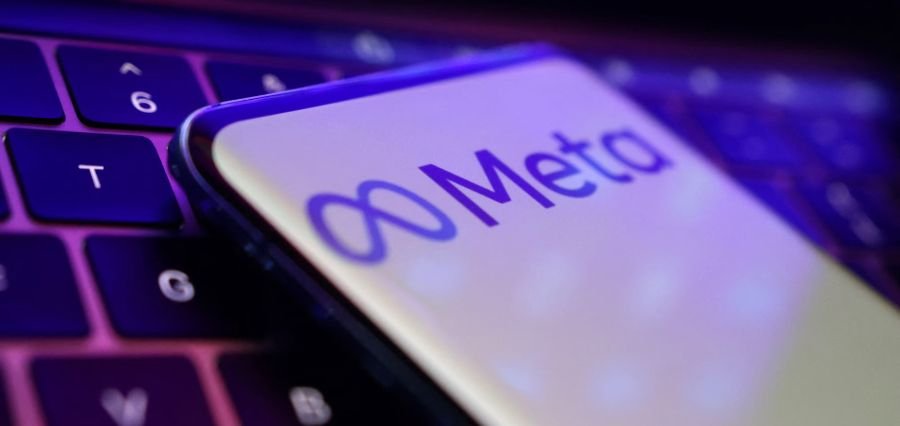Prime Highlights
- Meta is set to make a $15 billion minority investment in Scale AI, taking a 49% stake and recruiting CEO Alexandr Wang to head its next-generation AI unit.
- The move comes as Meta pivots from the metaverse to superintelligence and takes a drastic step towards regaining AI dominance.
Key Facts
- The transaction provides Meta with a 49% interest in Scale AI without complete control.
- Alexandr Wang will work on a new AI unit within Meta while remaining at Scale AI.
- U.S. regulators could review the deal because of its size and strategic significance.
Key Background
Established in 2016, Scale AI is a data-labeling giant that is instrumental in creating artificial intelligence models. Co-founded by Alexandr Wang and Lucy Guo, Scale AI soon gained fame by providing high-grade data services that are crucial in training AI systems. For years, it has been a partner with giants such as OpenAI, Google, Microsoft, Meta, and even the U.S. Department of Defense.
The main strengths of the company are reinforcement learning from human feedback (RLHF), a method to fine-tune large language models through the use of human judgment. Scale has also established a wide-reaching global labeling workforce using platforms such as Remotasks and debuted testing tools to determine the reasoning capability of AI models. These tools have made it a necessity in an industry where good data is usually the constraint to better AI.
Former MIT student Alexandr Wang made history by becoming the world’s youngest self-made billionaire at 24 years old. He is an outspoken champion for U.S. leadership in AI and has advocated for greater government investment in compute and talent. Wang’s management and technical skills have made Scale AI a cornerstone for commercial and government AI programs.
Meta’s proposal to spend close to $15 billion for a 49% stake in Scale AI indicates its desire to restart building up its AI strength after lackluster performance from its LLaMA models. The investment would also provide Meta access to Scale’s key infrastructure and data pipes—things that could supercharge its quest for artificial general intelligence (AGI), or “superintelligence.”
This is not merely an investment in finance. Wang will also head a new AI group within Meta, serving alongside a handpicked team of 50 top researchers to work exclusively on long-term AI advances. Although this is a strategic hire, it could attract the attention of U.S. regulators who are looking more and more at the dominance of China’s big tech in the AI market.
Read Also : HP Announces HP Dimension – The Future of 3D Video Calls with Google Beam




